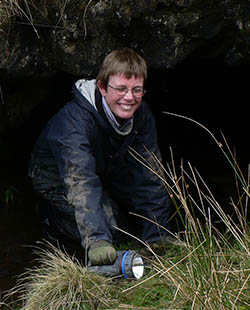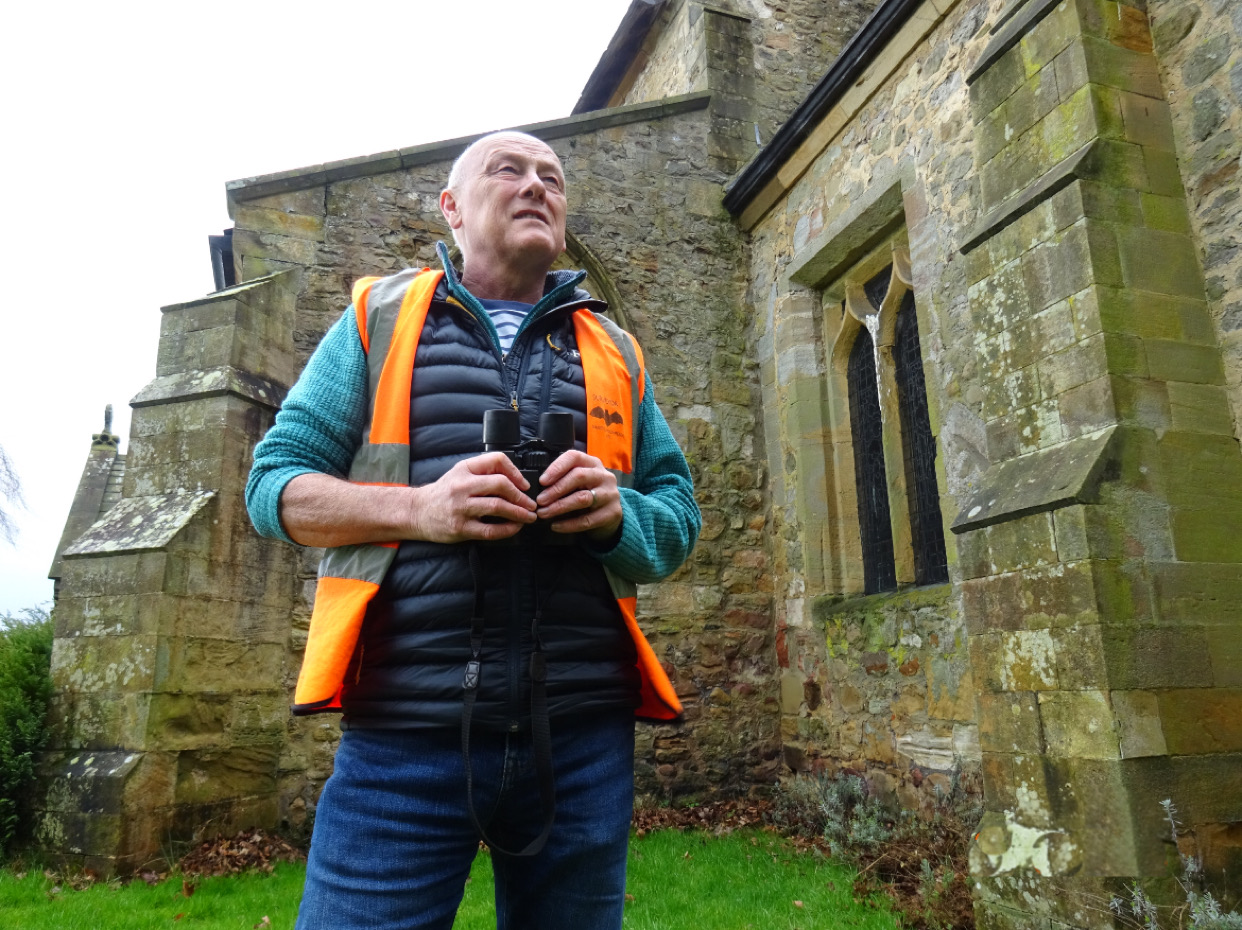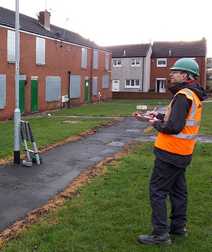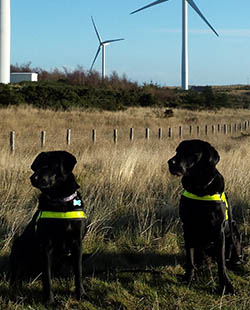Barrett Environmental Limited was established in 1991 and became a Limited Company in 2005. We specialise in ecological work associated with habitats and protected species including bats, great crested newts, badgers, otters, water voles and white-clawed crayfish.
We employ a highly experienced team from a variety of backgrounds and disciplines which enables us to approach project challenges in a holistic manner. Staff are encouraged to become members of the Chartered Institute of Ecology and Environmental Management (CIEEM) and the Society for the Environment (CEnv).
Our clients range from individual property owners seeking planning consent to large corporations and the public sector services who use our expertise to help deliver corporate strategies and responsibilities towards biodiversity and the environment. You can view their testimonials here.
Key Personnel

Trina Barrett
Ecologist and Director
(MSc, CEnv, MCIEEM)
Trina has over 30 years of experience as an ecologist and has worked for Barrett Environmental since its inception.
She studied at University College, Swansea, where she gained a BSc (hons) in Zoology and furthered her academic career at Durham University, where she was awarded an MSc by thesis. Trina is also a qualified bird ringer with an ‘A’ class permit.
She has a wealth of knowledge on protected species, and holds Natural England survey licences for bats, great crested newts, barn owl and white-clawed crayfish, as well as being fully qualified in tree climbing. She is a registered consultant under the Bat Mitigation Class Licence (Low Impact) & currently working towards her registration under the Bats In Churches Class Licence.
In her spare time, Trina enjoys photography, bird watching and bird ringing, moth trapping, gardening and walking.
She is a member of Durham Bat Group, the British Trust for Ornithology, the Bat Conservation Trust and Butterfly Conservation.

David Long
Ecologist and Director
(MSc, CEnv, MCIEEM)
David joined Barrett Environmental in 2005. He’s an experienced ecologist and specialises in project management, with a particular interest in historic buildings. He was previously a Wetlands Biodiversity Officer and has also worked as a Senior Countryside Ranger and as a Land Surveyor both in the UK and abroad.
David studied a Higher National Diploma in Rural Resources and Management from Seale Hayne Agricultural College in Devon and then went on to gain an MSc in Environmental Management at Sunderland University, where he was awarded a distinction.
He holds Natural England licences for bats and great crested newts and is a very experienced surveyor for diverse range of habitats and species. David has a background in practical countryside management and holds a variety of relevant qualifications. He is also fully qualified in tree climbing.
In his spare time, David enjoys walking, natural history,sea kayaking and other watersports and is currently learning ballroom dancing where the rhumba is a firm favorite!

Craig Bulga
Ecologist
(MSc, CEnv, MIEMA, ACIEEM)
Craig has over 17 years of experience working in the environmental profession, including over 5 years as an ecologist. He joined Barrett Environmental in 2018.
He gained a BSc (Hons) in Environmental Geosciences through the University of Sheffield and later achieved an MSc in Environmental Monitoring and Assessment at Coventry University. In 2013, Craig obtained a Certificate in Ecological Consultancy after completing an intensive training course.
He holds a Natural England survey licence for great crested newts and is currently working towards his bat survey licence. Craig has also attained a Level 4 Field Identification Skills Certificate for plant identification issued by the Botanical Society of Britain & Ireland.
Craig enjoys hiking, cycling, running and natural history in his spare time and he is also an avid traveller. Recent trips have included New Zealand, Mount Kilimanjaro and Iceland and he is already contemplating his next adventure.

Scent-detection dogs
We currently have two scent-detection dogs trained to find bat carcasses. Additional protected species will be added to the list of species and more dogs are also to be trained. Scent detection dogs are mostly used to assess bat and bird mortalities from developments such as windfarms.
